Beloved for millennia for its unmistakable fragrance, ambergris is still prized today by the world’s biggest names in perfume. But is it ethical?
In ancient times, when mariners sailed through tempests and explorers sought new worlds, ambergris was a treasure shrouded in mystery. This rare, grayish substance that appeared mysteriously on seashores or floated in the ocean was as enigmatic as the tales that surrounded it. Coveted by alchemists, sought after by queens, and held dear by perfumers, ambergris — digestive secretions made by sperm whales — has maintained its essence of exotic allure. Yet today, we must confront an emerging question — is ambergris ethical?
What Is ambergris?
Arab traders of the Middle East were perhaps the earliest to recognize the value of ambergris. It was praised in medieval Islamic texts for its aphrodisiac and medicinal properties. Fast forward to the Victorian era, where ambergris is described in Herman Melville’s Moby Dick as “an essence found in the inglorious bowels of a sick whale.” Throughout history, ambergris has been viewed through various lenses — a symbol of opulence — “the dearest and most valuable commodity in France” — a topic of scholarly debate, and, perhaps most notably, as a cornerstone of perfumery.
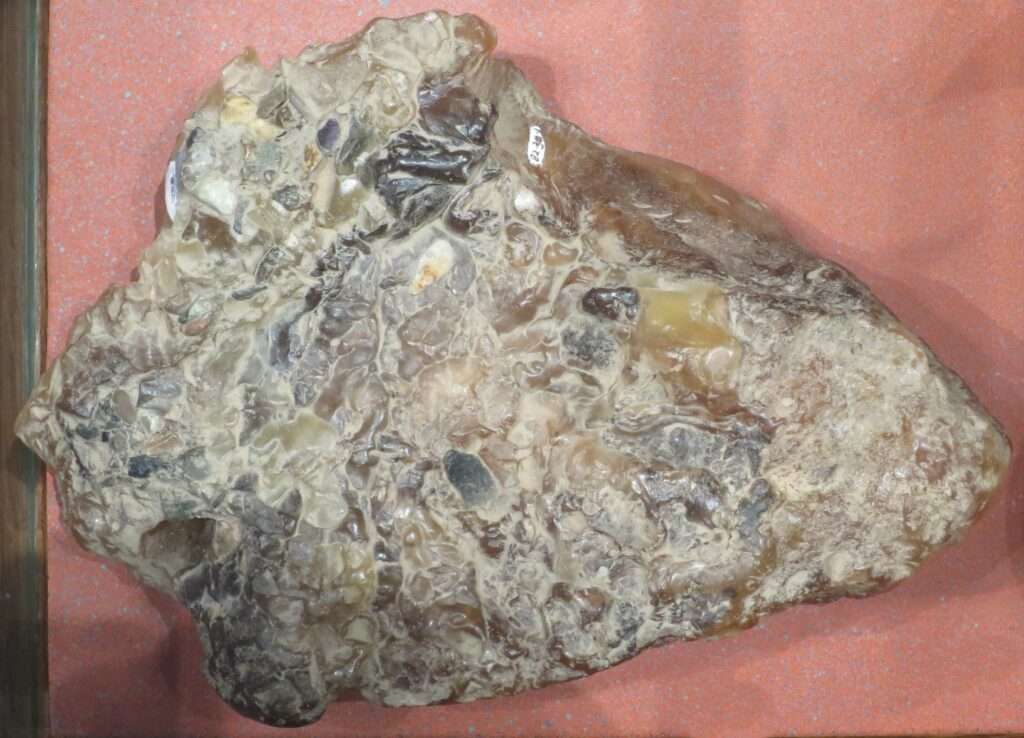
Ambergris is, as Melville described, a waxy material that originates as a secretion in the intestines of the sperm whale. This “floating gold” is created when secretions form around the sharp squid beaks and cuttlefish parts in the intestinal tract of the whales to aid in digestion; ambergris is estimated to only occur in about one percent of sperm whales.
The commodity can fetch staggering sums. In June, a sperm whale carcass discovered in the Canary Islands contained about $500,000 worth of ambergris. (Current market price puts it at about $15,000 a pound.)
“If the moon had a scent, it would be ambergris. It has a recognizable marine and iodine odor; a kind of salinity. It’s full of mystery.” – Francis Kurkdjian
But despite its outward appearance, which may be likened to that of a mundane rock, ambergris possesses a complex aromatic profile, boasting marine, animalic, and sweet notes. Over time, the substance matures through exposure to sun, saltwater, and air, ultimately reaching a fragrant state that is highly prized in the perfume industry.
In the 2021 documentary Nose, Dior perfumer-creator François Demachy describes ambergris as a natural fixative that both intensifies and prolongs the life of perfumes. It has been an essential in some of the most beloved and timeless fragrances over the last century.
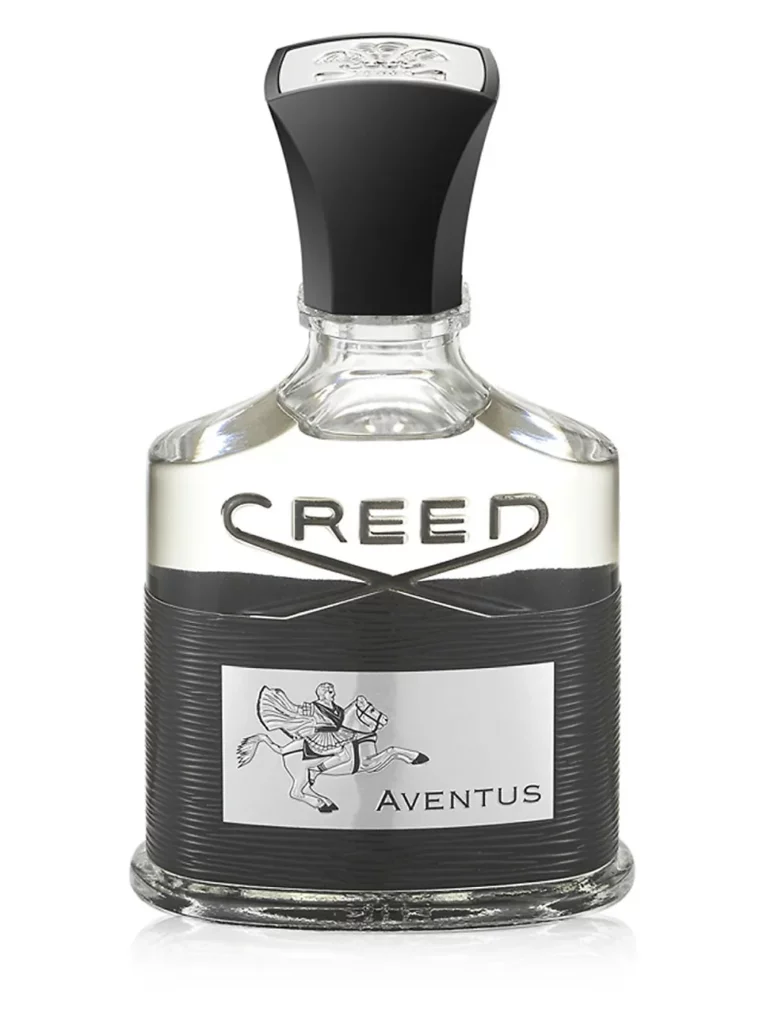
“Stories of people going to almost unbelievable lengths to obtain ambergris are numerous,” reports Atlas Obscura. Tales of beachcombers turning over every rock and carcass — even entering whale carcasses to search for it are not uncommon.
It’s not just the price tag that sends ambergris hunters into frenzies; it’s the history and the allure of the hunt — much like truffle and mushroom foragers, or those who comb shorelines for eiderdown nests. There are Facebook groups for ambergris hunters skilled and new to show off their finds, many of whom are often disappointed to discover they mistook rocks, rubber, and mysterious other items for the prized ambergris.
Ambergris in popular fragrances
A cornerstone in the world of fragrances is, of course, Chanel’s No. 5. In existence since the 1920s and still as popular as ever, No. 5 is the quintessential luxury fragrance. Though ambergris is not a dominant note, its presence in the base notes adds a rich, multifaceted character that balances the bouquet of florals and aldehydes.
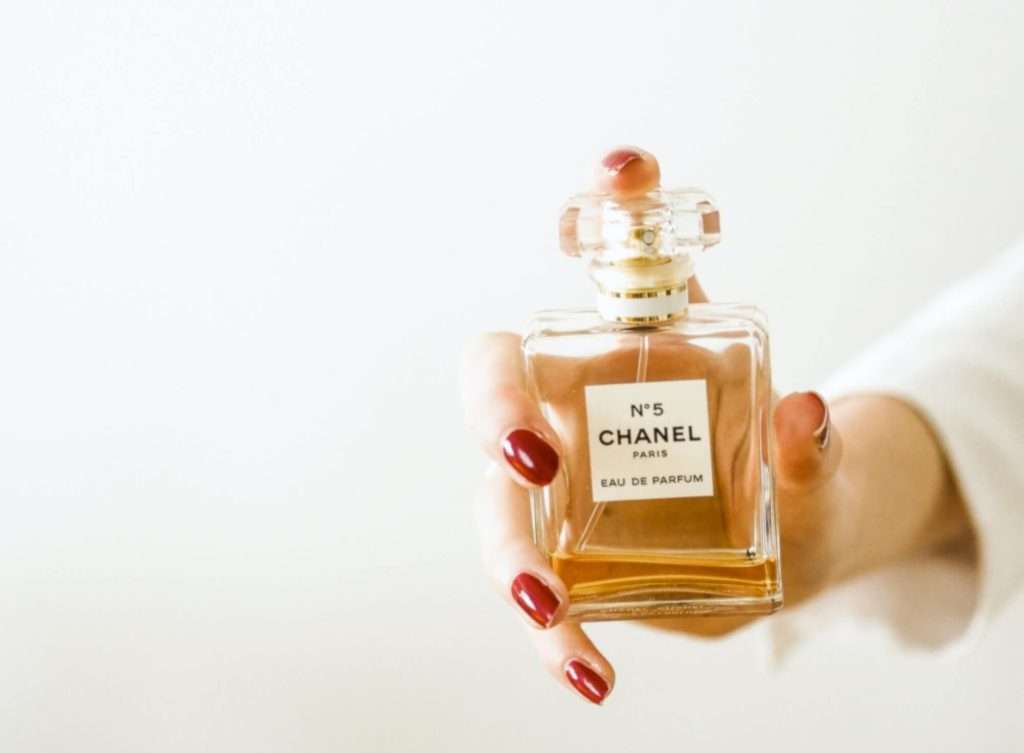
Another favorite, Guerlain’s “Shalimar” has captivated hearts since its creation in 1925. A bouquet of vanilla, bergamot, and rose, Shalimar’s unforgettable allure is heightened by the anchoring presence of ambergris.
More modern scents, like Creed’s Aventus, also rely heavily on ambergris. Crafted with an intricate blend of fruit and musk, Aventus is elevated to a timeless status by the subtle infusion of ambergris, which lends it an indefinable depth, adding an aromatic durability that enhances the other notes and ensures the scent lingers.
But is ambergris ethical?
The aura of ambergris has not waned; however, it is surrounded by ethical questions. The primary issue is that ambergris comes from sperm whales, a species listed as vulnerable by the International Union for Conservation of Nature (IUCN). Harvesting ambergris directly from the animal is illegal in many jurisdictions due to conservation laws aimed at protecting this dwindling species.
“In the mid-19th and 20th centuries, sperm whales were hunted massively to procure ambergris,” says WWF. “The large-scale whale hunting resulted in drastic declines in their population and spurred international bans on whale hunting. IUCN has accorded Sperm Whales an ‘Endangered’.” The presence of a market for ambergris may still indirectly contribute to the endangerment of these marine giants by incentivizing illegal hunting.
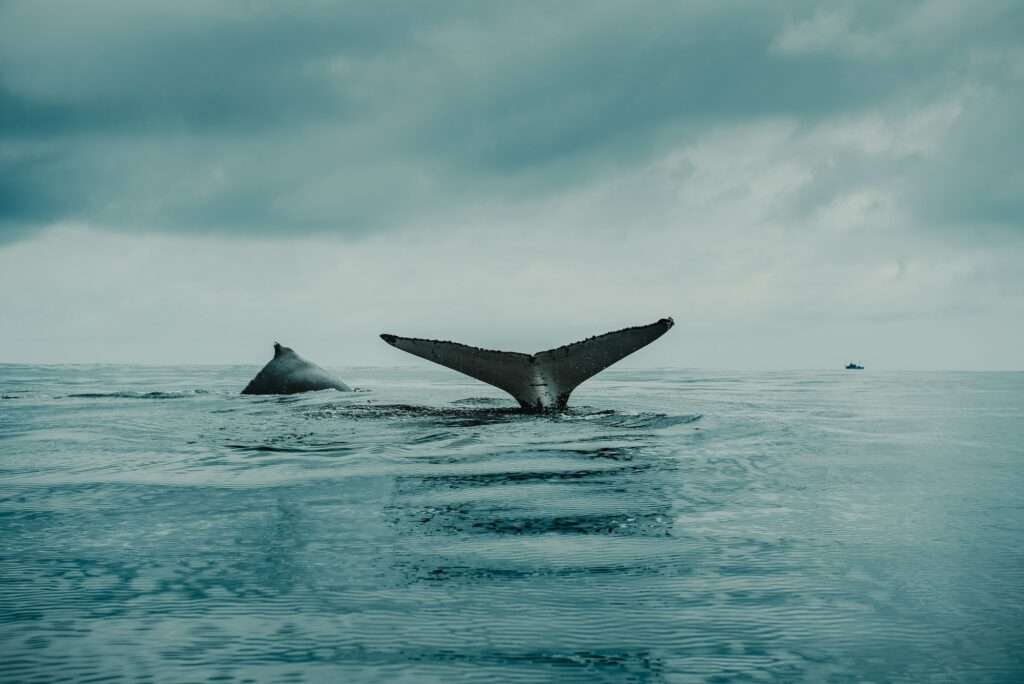
According to a 2022 study, WWF says the global population of sperm whales is about 850,000 individuals, “which reflects a 57 percent decline in their numbers in 310 years caused by massive whaling in the 1840s and 1960s.” WWF says the study also suggests that the whale populations are “slightly recovering in undisturbed areas.” But they now face other threats, due to growing anthropogenic pressures in the seas (such as shipping).
When ambergris is naturally expelled by a sperm whale and discovered floating in the ocean or washed up on a beach, no harm is directly inflicted on the animal. But there are concerns about the human exploitation that comes into play, particularly in developing countries where people risk their lives to hunt for this ‘white gold.’
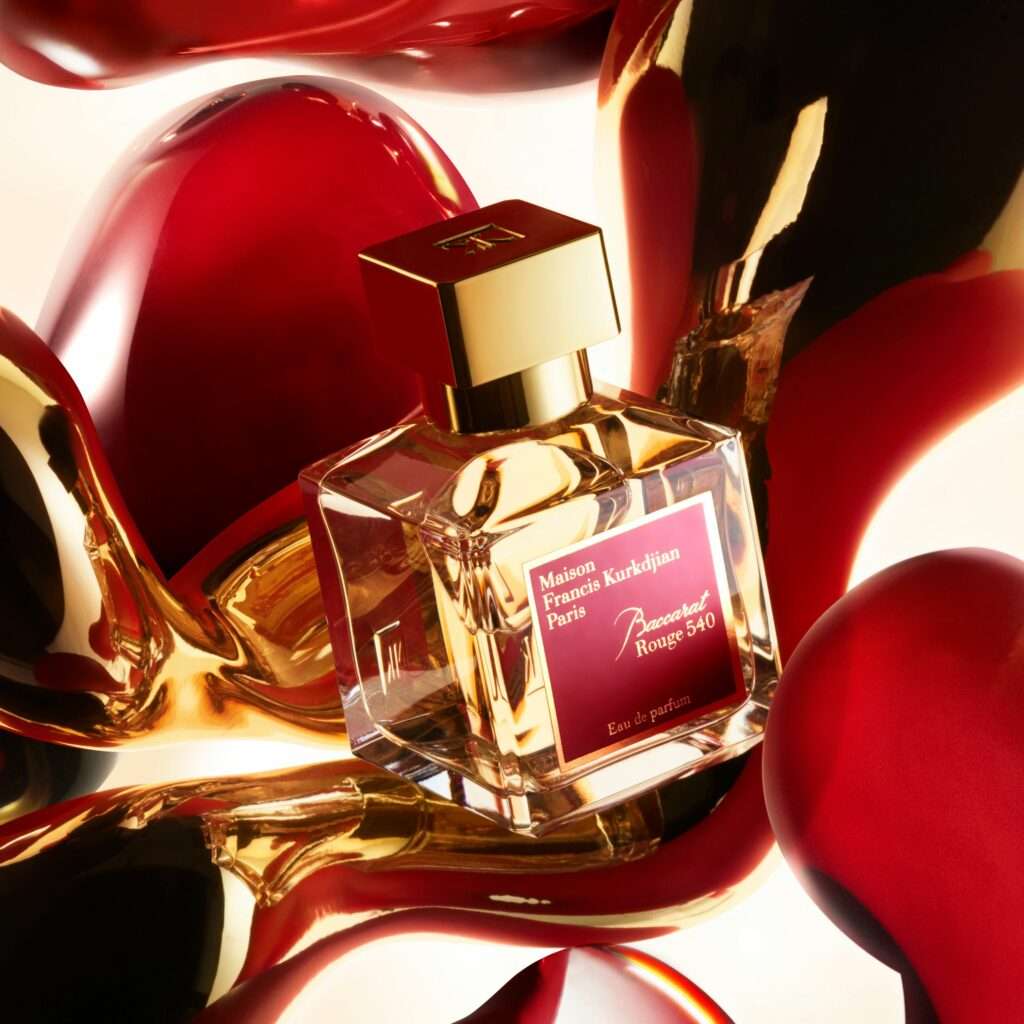
Legally, the collection and sale of ambergris are subject to international and domestic laws. The Convention on International Trade in Endangered Species of Wild Fauna and Flora (CITES) regulates the ambergris trade, and laws can differ from one country to another. In the U.S., for example, the Marine Mammal Protection Act prohibits the collection and sale of ambergris, while in other countries, like New Zealand, it is legal to collect ambergris that is naturally found.
Ethics also intersect with personal beliefs about wildlife and natural resources. Some argue that since found ambergris is a byproduct that the whale naturally discards, utilizing it does not pose an ethical issue. Others feel that the high market value of ambergris could potentially lead to negative consequences, such as encouraging poaching or the creation of a black market.
Ambergris was notably absent from King Charles III’s coronation last May. Since King Charles I was crowned in 1626, coronations have featured a holy oil blend called chrism made with ambergris (along with other popular animal-based perfume oils from deer and civets). The new king opted for animal-free oils instead, reportedly because of environmental and animal welfare concerns.
In March, LVMH’s Maison Francis Kurkdjian announced its efforts to protect sperm whales. The program, called WhaleWay (“La Voix des cachalots”) was conducted in the heart of the Pelagos Sanctuary, located in the Mediterranean Sea off the coast of France’s Port-Cros National Park. Maison Francis Kurkdjian says these studies will make it possible to “gradually enter into sperm whales’ world” and gain a better understanding of their social interactions and movements. “An improved knowledge of sperm whales will teach us how to be more respectful of the natural environment in which they live, and ultimately protect the whales themselves.”
Exploring synthetic alternatives to ambergris
In light of the ethics surrounding ambergris harvesting, a variety of alternatives have moved into new fragrances. Synthetic Ambroxan, a chemical compound that replicates the olfactory properties of natural ambergris, is one such substitute gaining traction in the industry, without compromising the art and complexity of fine fragrance.
While some purists argue that the synthetic version lacks the depth and complexity of natural ambergris, it’s a compelling and ethical option that more perfumers are considering.
Earlier this year, popular perfumer Le Labo released a candle made from Ambroxan that it says “will blow your nose away.”
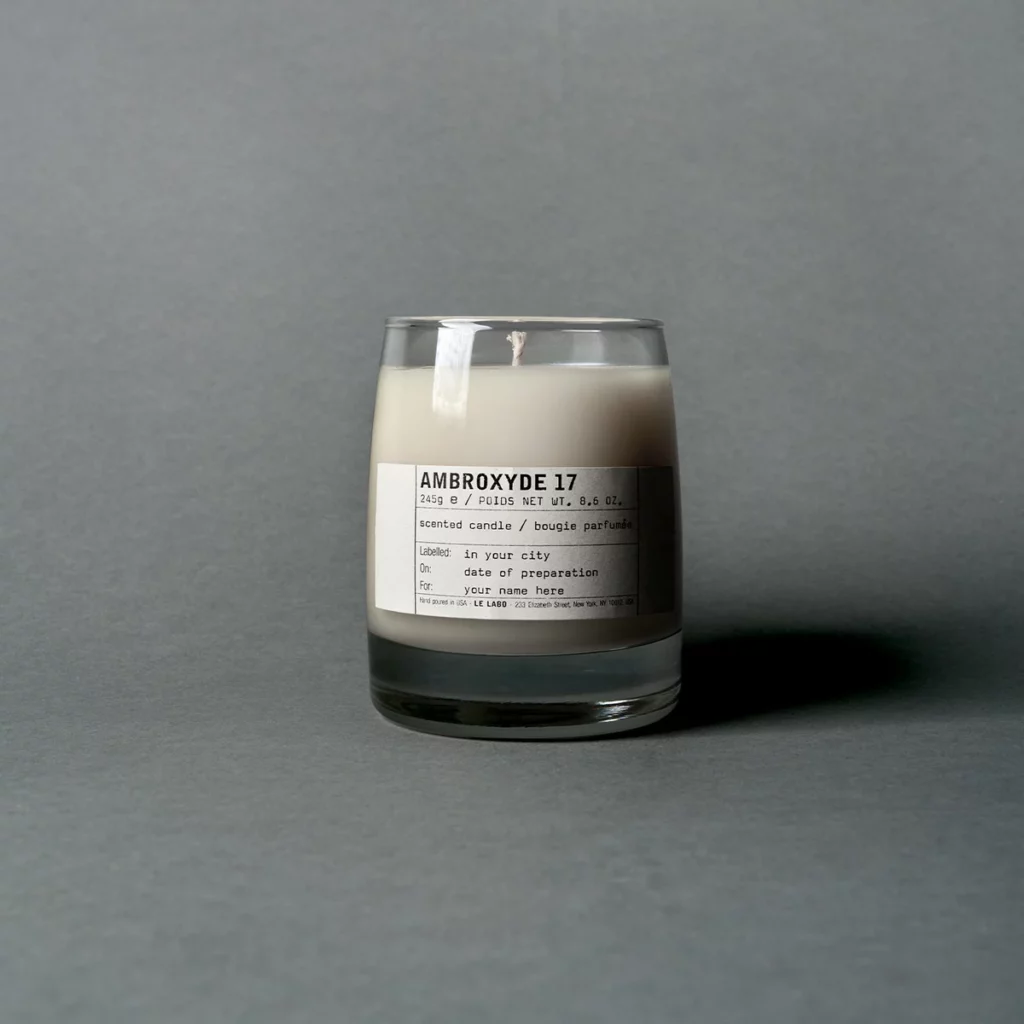
Dior also employs Ambroxan in its highly popular men’s fragrance, “Sauvage.” This perfume uses Ambroxan to evoke a woody, ambery base, complementing its top notes of bergamot and pepper.
Paco Rabanne has used Ambroxan, most notably in the fragrance “Invictus.” In this composition, Ambroxan lends a maritime depth, elevating the scent’s overall complexity.
Maison Francis Kurkdjian includes Ambroxan in its popular offering “Baccarat Rouge 540,” where it acts as a grounding element that balances the perfume’s ethereal jasmine and saffron notes.
“I imagined it as a poetic alchemy where the aerial notes of jasmine and the radiance of saffron carry mineral facets of ambergris and woody tones of a freshly cut cedar wood,” Kurkdjian told Harper’s Bazaar of the fragrance.
“It’s a gourmand scent, meaning its aroma feels almost edible, but it balances a heady, moreish sweetness with savoury, which steers it in another direction. It’s gourmand with a unique twist that has never been done before,” he said.
“We knew it was an exceptional fragrance.”
Related on Ethos:


